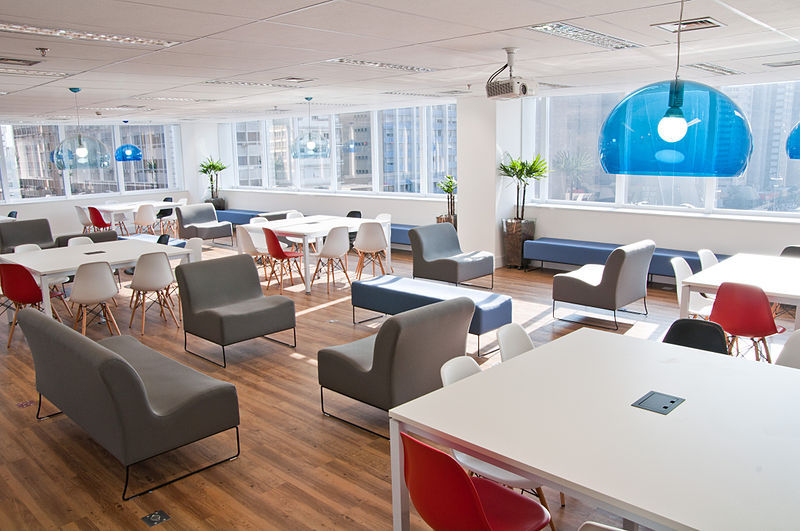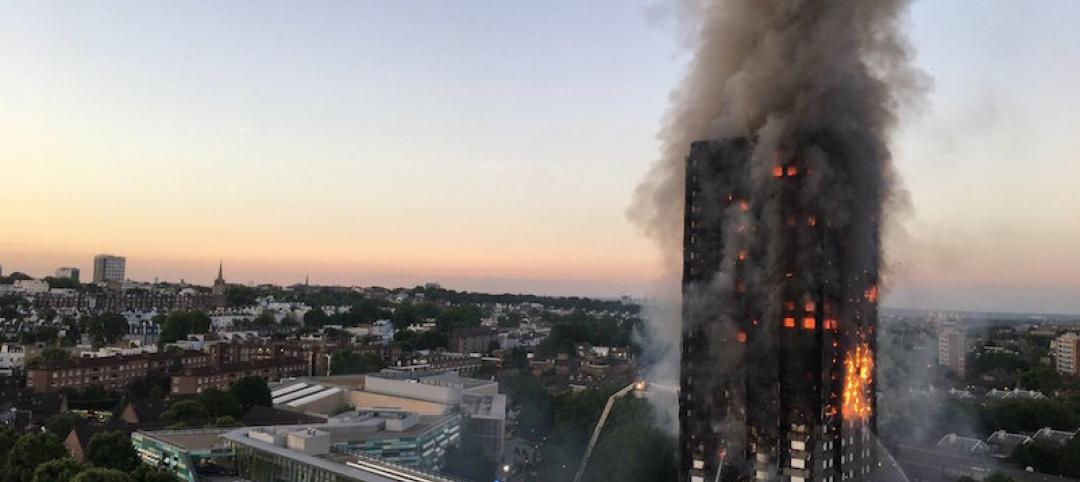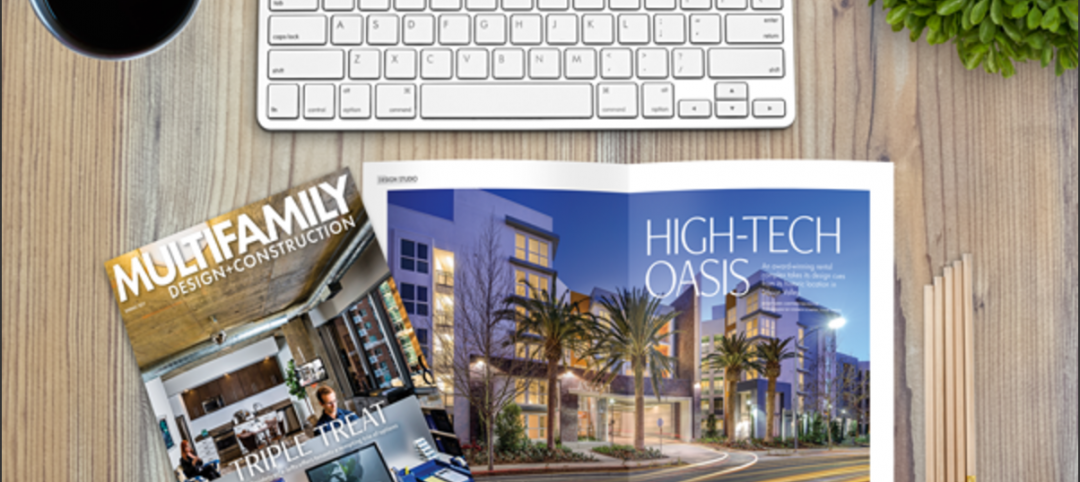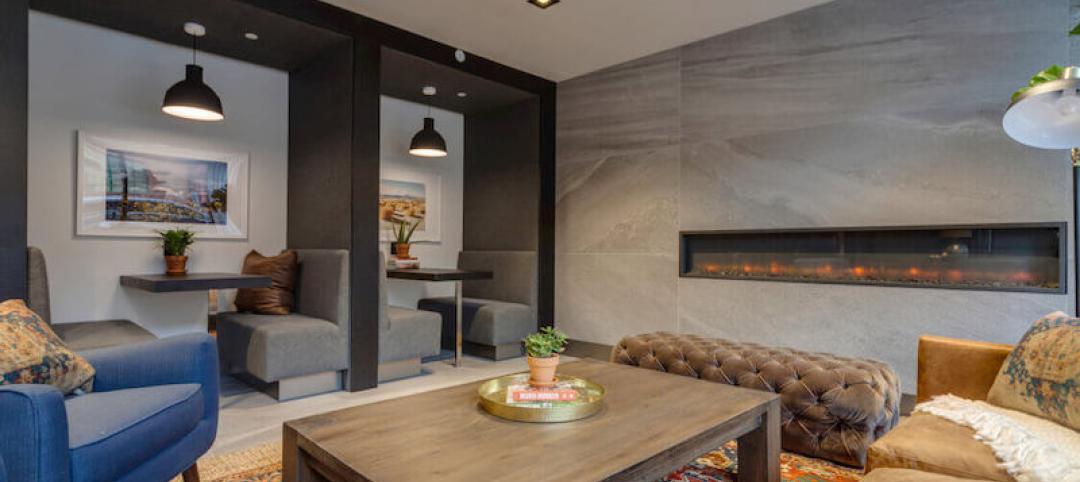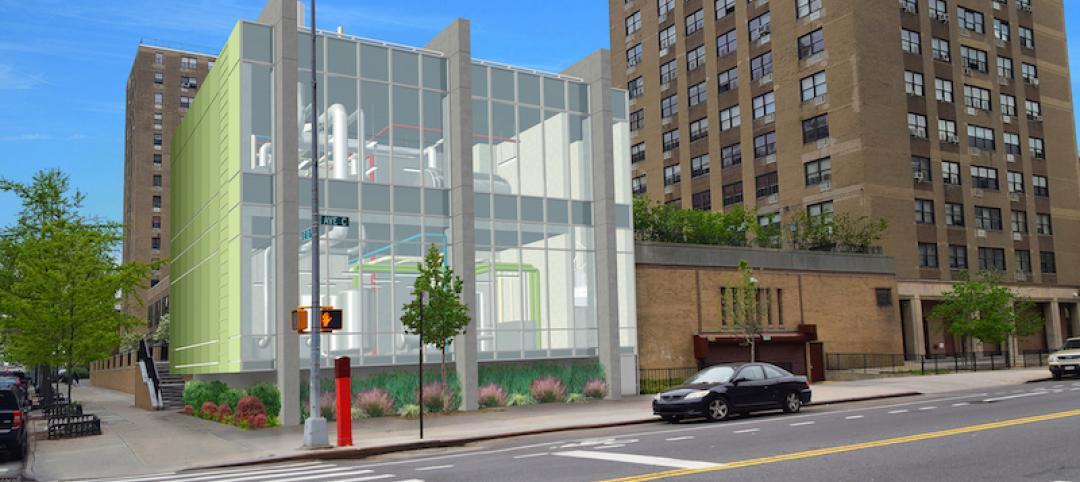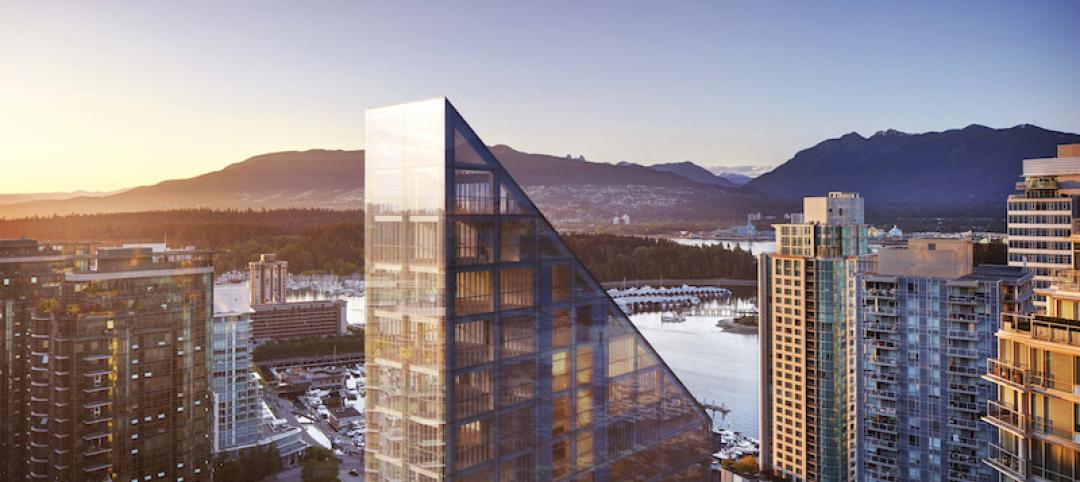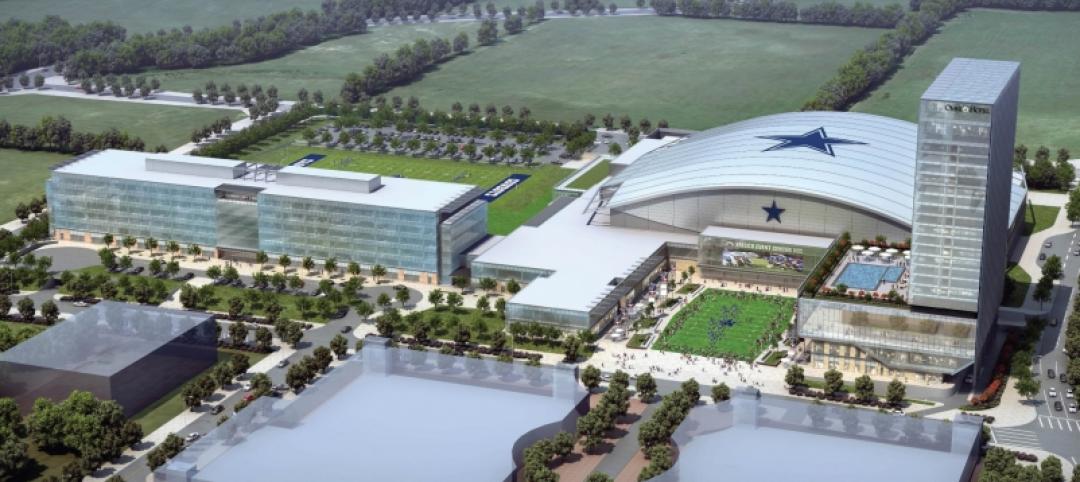Six years after WeWork took the office market by storm with its breakthrough co-working real estate concept, the New York-based startup set its eyes on the next big opportunity for its communal real estate business model: co-living.
WeLive launched early last year with locations in Lower Manhattan and Arlington, Va., and the company has plans to expand to as many as 14 cities in the coming years.
WeLive turns the traditional multifamily rental model on its head. Gone is the long-term lease agreement; Tenants are “members” who can stay month to month, even day to day. Eventually, as the WeLive network expands, members will be able to move freely city to city, as needed, at no additional cost.
From a practicality standpoint, co-living makes complete sense for young, single, and highly mobile working professionals. The spaces are well designed, fully furnished, filled with attractive amenities, and come complete with all the niceties of modern living: towels and linens, housekeeping services, HDTVs, premium cable, high-speed WiFi, concierge staff, even free refreshments like tea, coffee, and fruit water. Think apartment complex meets hotel—but with a crucial twist.
The secret sauce, according to WeWork, is the “We” in WeLive: spaces and programs designed to foster a strong sense of community and connection with other members. Each location has a full-time community concierge team, which organizes events like movie nights, cocktail hours, and formal and informal meals in a communal kitchen. The mailroom and laundry room double as bars and event spaces, and amenities like a rooftop deck and a hot tub encourage tenants to meet and mingle.
WeWork has no shortage of competitors in the co-living market space. Common, HubHaus, Krash, Node, Open Door, Pure House, and Roam Co-living are among the dozen or so startups that are aiming to profit from the mainstreaming of the “hacker house,” commune, or boarding house dwelling models. Investors have taken notice, and have pumped millions into these fledgling businesses. (Common, for instance, has raised more than $23 million from multiple investors since its founding in 2015. With this funding, the startup has opened 13 developments across four metros: Chicago, New York, San Francisco area, and Washington, D.C.)
While it’s too early to claim any of these budding businesses as a resounding success, the co-living craze is the latest example of the startup world looking to shake up the slow-to-evolve, $228 trillion (yes, trillion! tinyurl.com/REworth) global real estate market. Whether it’s Google, WeWork, or Airbnb—or countless other startups and tech firms—it is clear that investors see colossal dollar signs tied to disrupting the tried-and-true real estate and construction markets.
Will your firm join them?
Related Stories
Fire and Life Safety | Jun 22, 2017
After testing, seven tower blocks found to have similar cladding as Grenfell Tower
These blocks will undergo further testing to determine if they are safe.
Multifamily Housing | Jun 20, 2017
Coliving apartments look to fill affordability and availability gaps for urban workers
One provider, Common, emphasizes community in its buildings.
Market Data | Jun 16, 2017
Residential construction was strong, but not enough, in 2016
The Joint Center for Housing Studies’ latest report expects minorities and millennials to account for the lion’s share of household formations through 2035.
Multifamily Housing | Jun 7, 2017
Jersey Strong: Local suppliers step in to help renovate a homeless shelter in the Garden State
American Standard and Philips Lighting donate products and manpower.
Resiliency | Jun 7, 2017
New disaster-resilient infrastructure building and upgrades hope to keep Haven Plaza up and running
The affordable housing complex was hit hard during Hurricane Sandy, leaving residents without electricity or water.
Multifamily Housing | Jun 7, 2017
Multifamily visionary: The life and work of architect David Baker
For 35 years, architect David Baker has been a spirited voice for affordable housing, in San Francisco and beyond.
Wood | Jun 6, 2017
Shigeru Ban-designed residential structure poised to become world’s tallest hybrid timber building
The wood, concrete, and glass building will rise approximately 233 feet when finished.
Multifamily Housing | May 25, 2017
Luxury residential tower is newest planned addition to The Star in Frisco
The building will be within walking distance to the Dallas Cowboys World Headquarters.
Multifamily Housing | May 22, 2017
Zaha Hadid Architects residential development takes a page from a classic Bradbury tale
The buildings are on an elevated platform and the surrounding walkways are suspended so as not to disturb the surrounding ecosystems.


